Key Takeaways:
- Both black holes and the universe have event horizons and singularities, but the singularity in a black hole is a point in space, while the Big Bang singularity is a point in time.
- The universe’s cosmological event horizon, 14 billion light-years away, represents the boundary beyond which galaxies are receding faster than the speed of light due to the universe’s expansion, similar to the event horizon of a black hole.
- The singularity of a black hole is a dense point in space that can be reached, while the Big Bang singularity represents the universe’s past and cannot be visited.
- Some theories suggest black hole singularities could spawn new “bubbles” or universes, meaning our universe might have originated from another universe’s black hole.
- While the idea that our universe was born from a black hole remains speculative and rooted in uncertain physics, it’s a fascinating concept still worth considering.
__________________

Could Our Universe Have Been Born from a Black Hole?
Black holes are among the most mysterious and fascinating objects in the universe, known for their powerful gravitational pull that nothing can escape. Interestingly, if you were to compress all the matter in the universe into a single point, you would create a black hole roughly the size of the universe itself. While we do not live inside a black hole, the similarities between black holes and our universe raise intriguing questions about their connection.
Event Horizons: No Escape in Both Cases
One of the defining features of a black hole is its event horizon, the “point of no return” where gravity is so strong that not even light can escape. Our universe has an event horizon too, called the cosmological event horizon, which results from the universe’s expansion. This horizon is about 14 billion light-years away from us. Beyond this point, galaxies are receding faster than the speed of light due to the expansion of space itself. Even with infinite time, we could never reach them—just as nothing can escape from inside a black hole’s event horizon.
Singularities: Where Physics Breaks Down
Both black holes and the universe share another mysterious feature: singularities. A singularity is a point of infinite density, where the laws of physics as we know them break down. In black holes, the singularity exists at the center, where all matter is compressed into an infinitely tiny point. Similarly, our universe began with a singularity—the Big Bang, a point in time when all the matter and energy of the universe was infinitely compressed.
However, there is a crucial difference. The singularity of a black hole exists in space, while the Big Bang singularity exists in time. This difference in behavior means we are not inside a giant black hole, as black hole singularities and the Big Bang singularity are fundamentally different in nature.
A Wild Theory: Black Holes Giving Birth to Universes
Even though we aren’t living inside a black hole, some scientists speculate that black holes could spawn new universes. The extreme conditions at the singularity of a black hole, where quantum mechanics and gravity collide, might lead to the formation of “bubbles” or entirely new universes. In this scenario, black hole singularities would act as bridges, creating new Big Bangs and giving birth to new universes, each with its own unique expansion and laws of physics.
While this idea is purely hypothetical, it raises fascinating possibilities. Could our universe have been born from a black hole in another universe? It’s a question rooted in speculative physics, but one that sparks the imagination.
Final Thoughts
The similarities between black holes and our universe are intriguing but not conclusive. Although our universe has features like an event horizon and a singularity, the differences in their nature make it unlikely that we are inside a black hole. Still, the possibility that black holes could give rise to new universes is a tantalizing idea—one that, while speculative, continues to push the boundaries of our understanding of the cosmos.
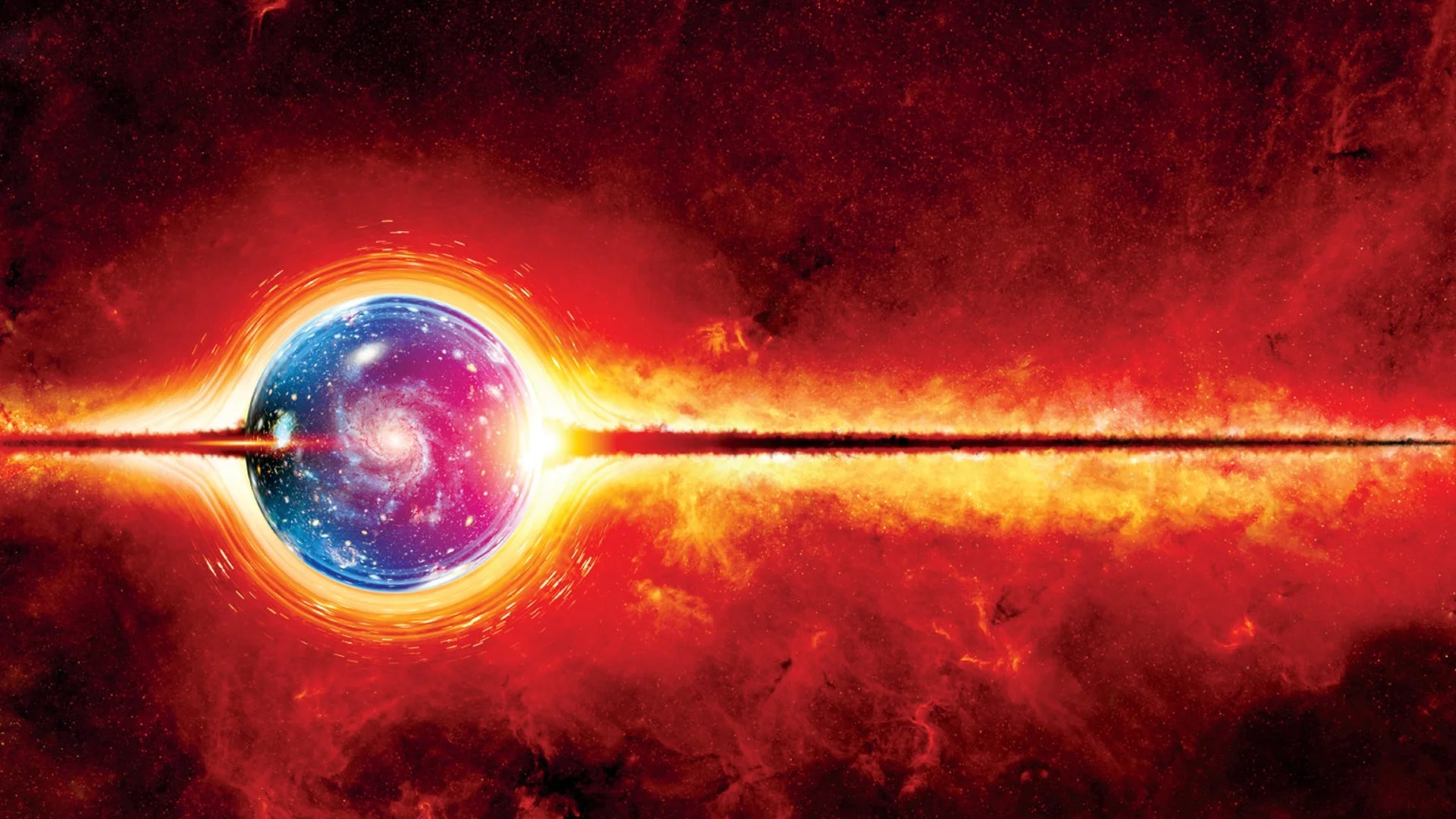
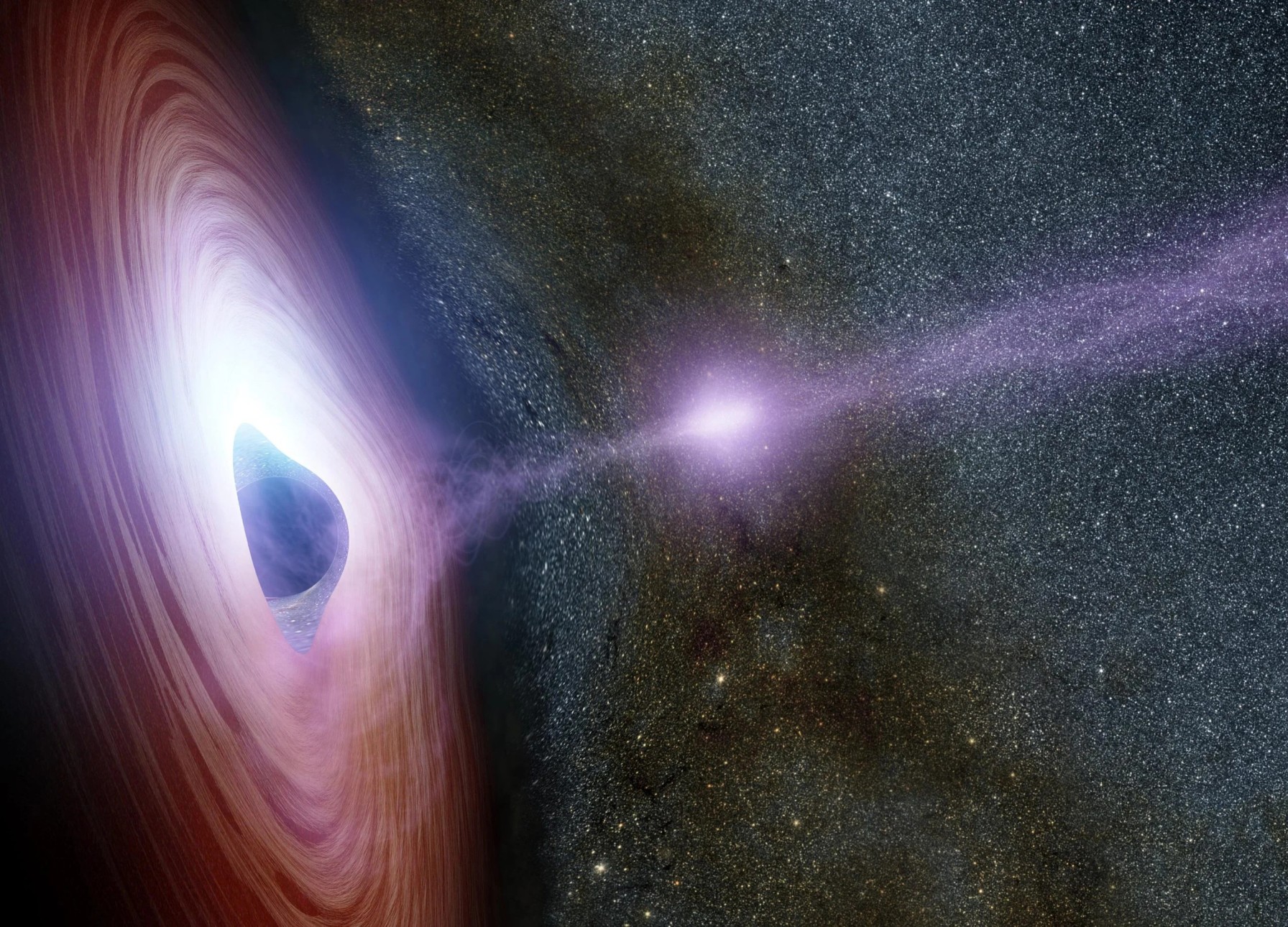
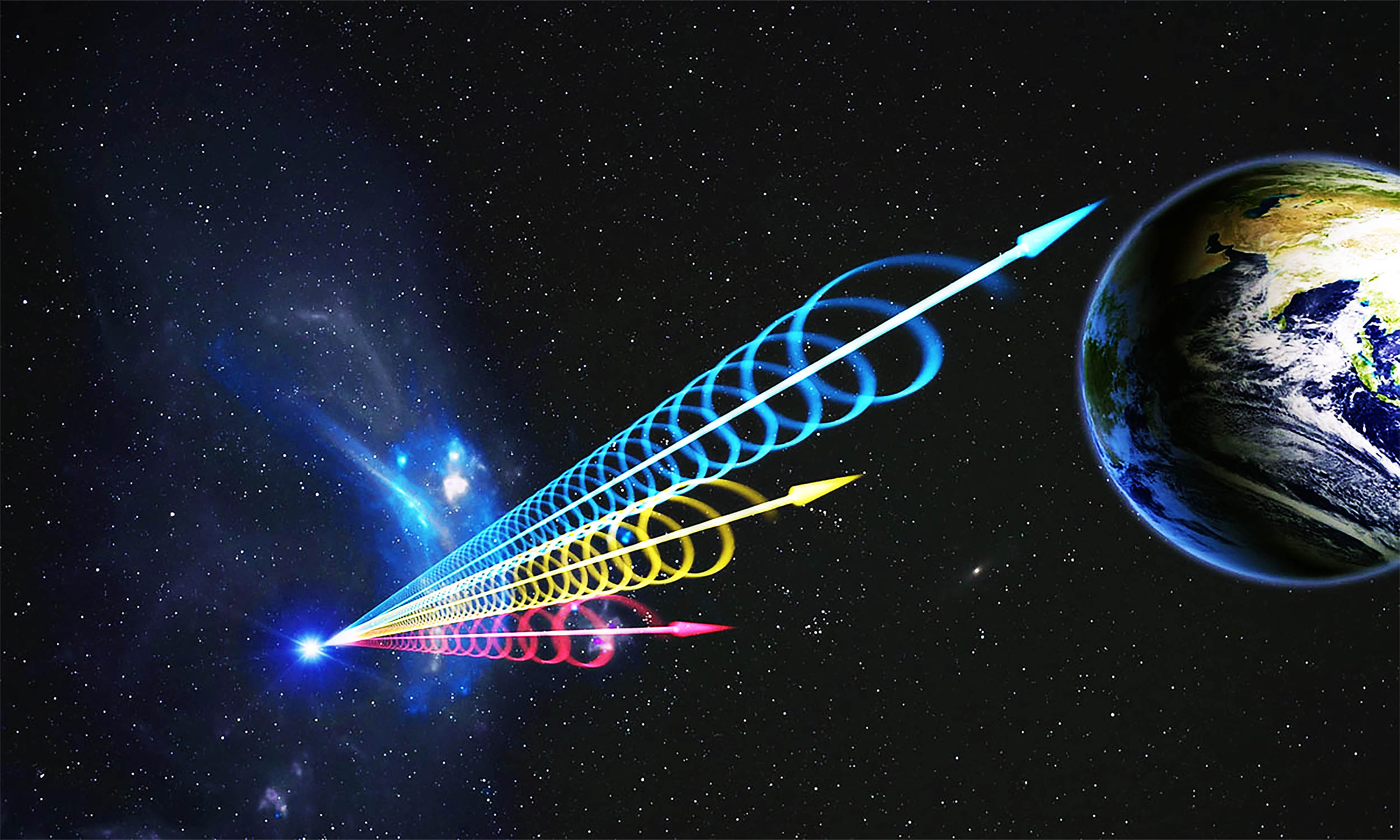
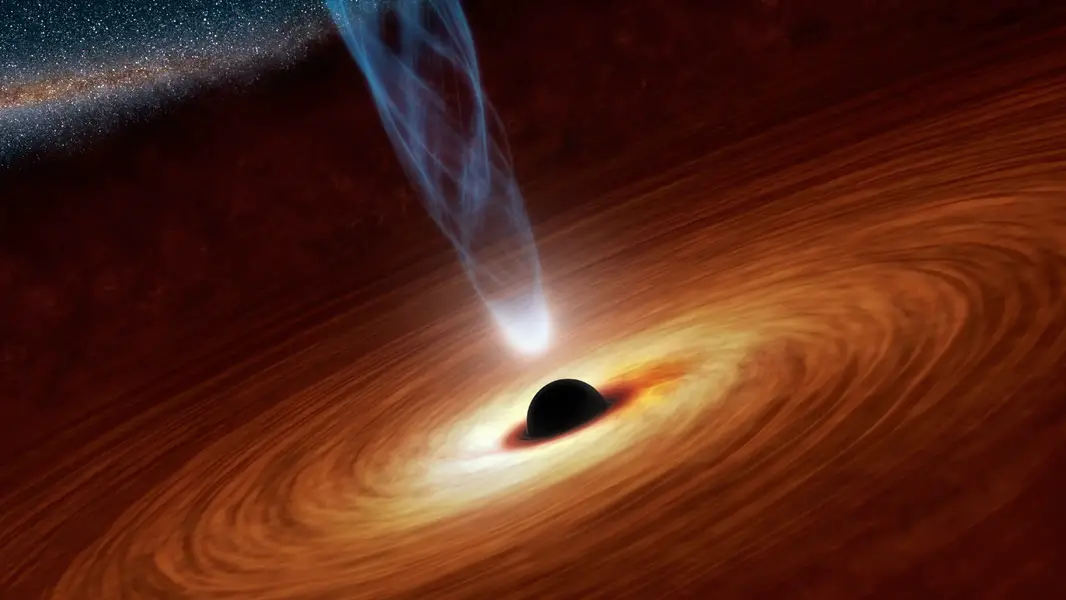
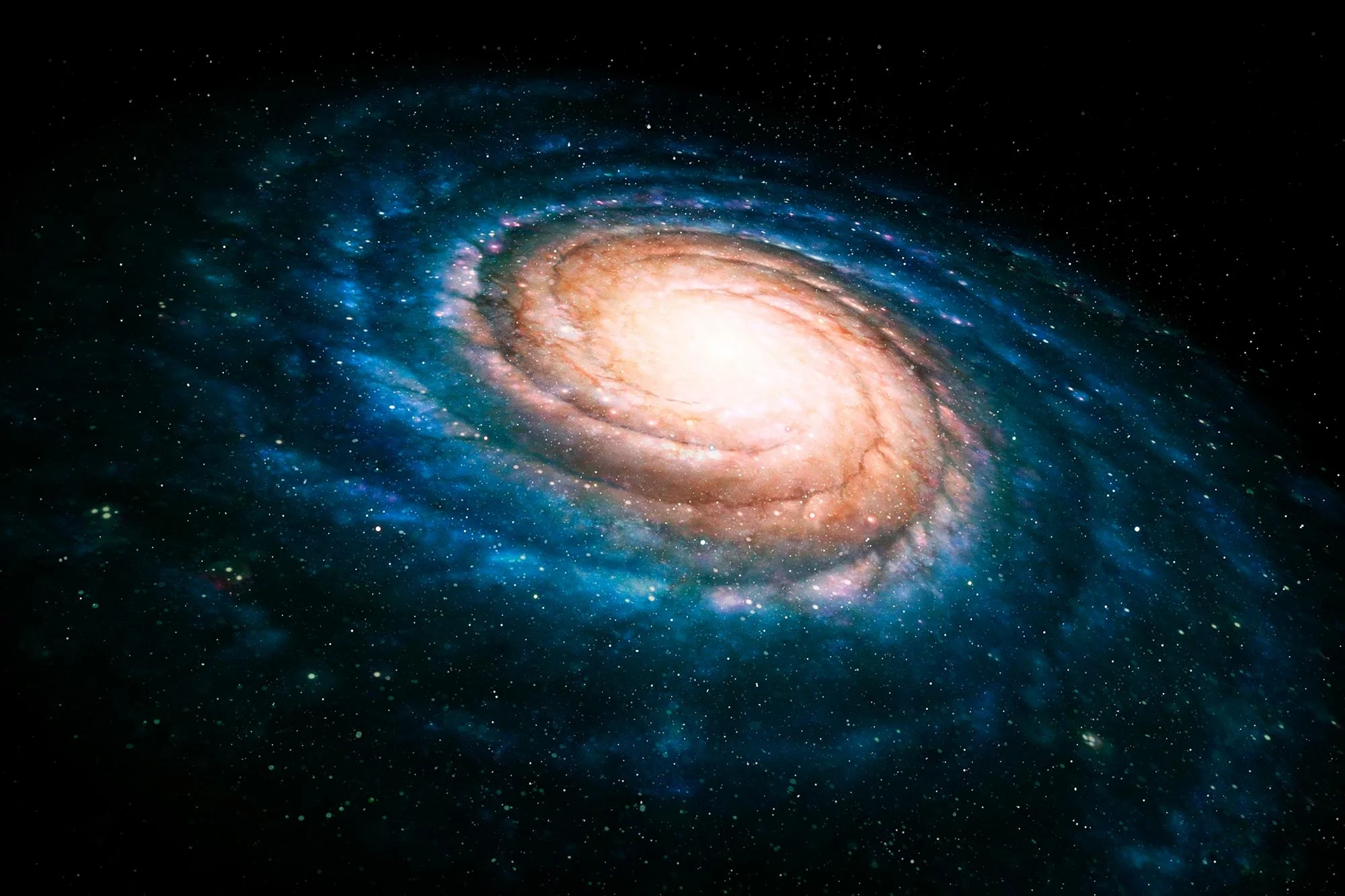
[…] Read more […]